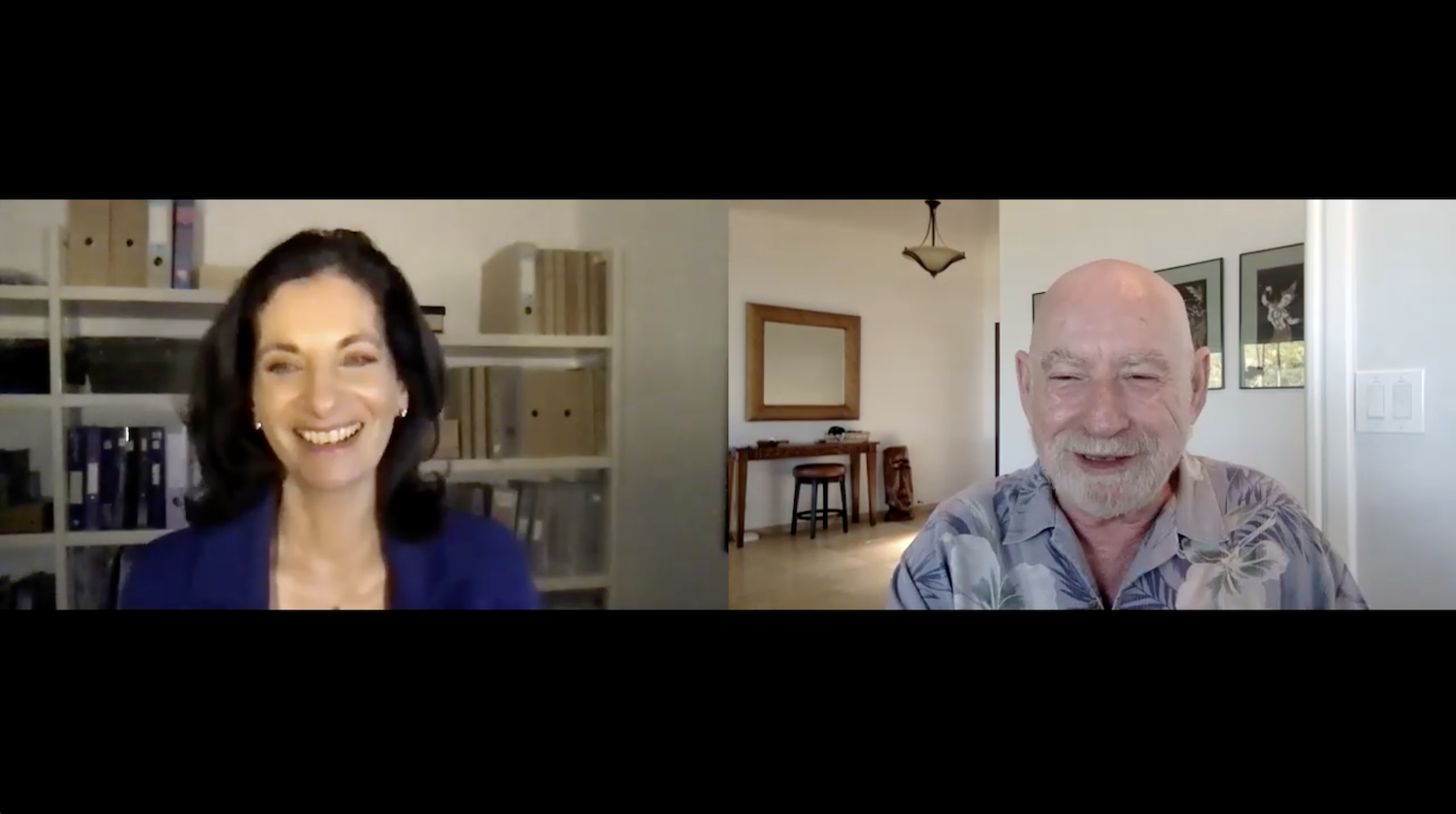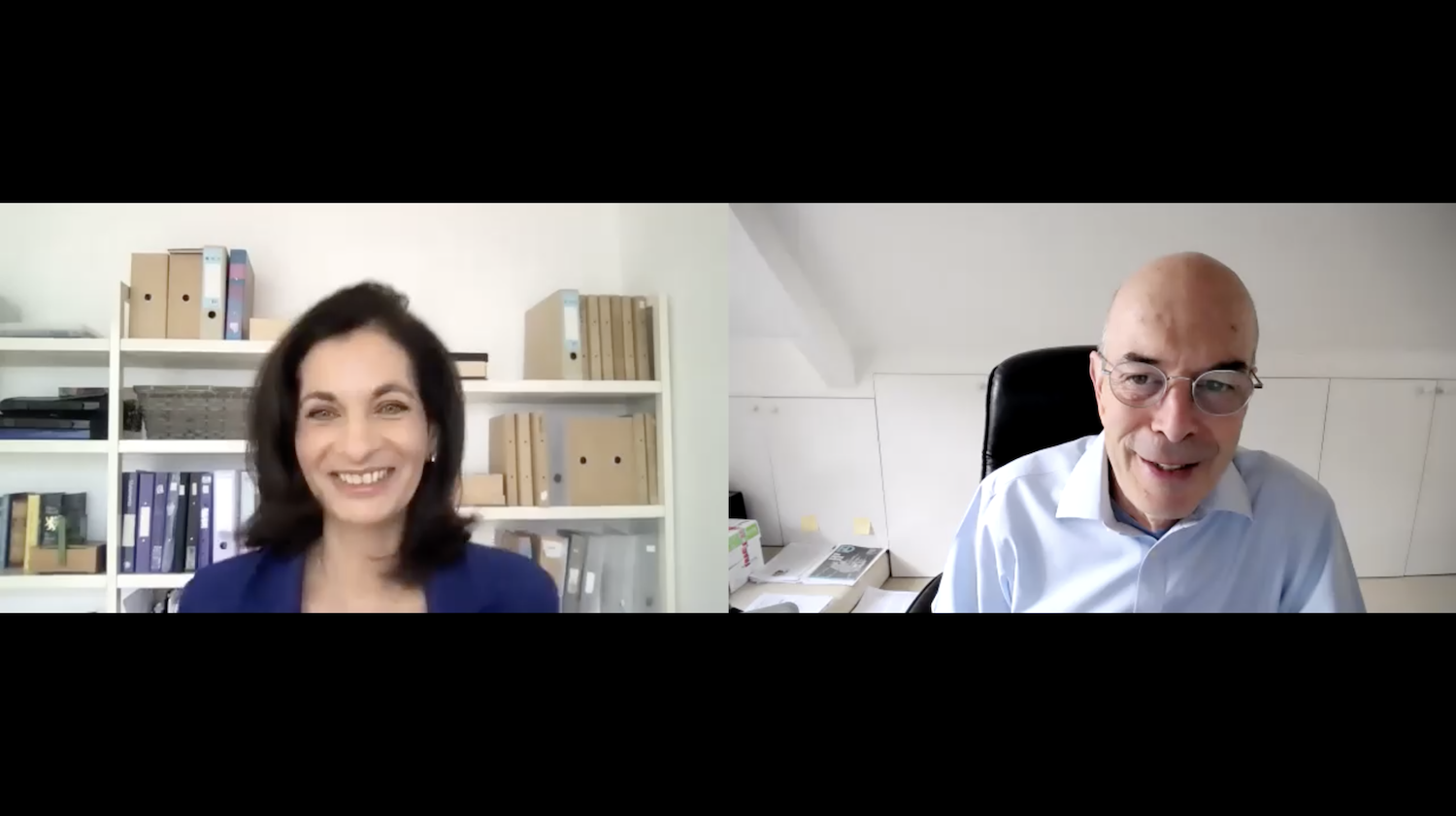

Why Strategic Resilience Gives Organisations More Time to Respond & Recover...
source link: https://www.salesforce.com/uk/blog/2021/05/strategic-resilience-during-crisis
Go to the source link to view the article. You can view the picture content, updated content and better typesetting reading experience. If the link is broken, please click the button below to view the snapshot at that time.
As economies emerge from the COVID-19 pandemic, business leaders across every industry are having to rethink their plans for a post-pandemic world. Against a backdrop of unprecedented transformation, one of the key factors helping organisations to respond and recover has been their strategic resilience; to act and adapt in unfamiliar settings.
To find out how business leaders are rethinking their strategies to build, re-skill, and innovate for the future of work and society, Salesforce has partnered with Reuters to produce Resilience Recast, a five-part podcast series. Episodes, published each Thursday by Reuters, bring together a range of global thought leaders at Salesforce and beyond who are preparing for a post-pandemic world.
Hosted by award-winning journalist and news presenter Nisha Pillai, the first episode in the series, ‘The Resilient Future’, examines how the pandemic might affect how we view and prepare for the future, and how global businesses can remain robust and agile in an ever-changing landscape.
While we cannot know what the future holds, guests Peter Schwartz, Futurist & Senior Vice President at Salesforce, and Professor Ian Goldin, Professor of Globalisation and Development at the University of Oxford, outlined what steps we can take to recast resilience in our businesses and society.

Resilience Recast host Nisha Pillai and Peter Schwartz, Futurist & Senior Vice President, Salesforce
Why do companies need a futurist?
As Peter Schwartz explains, “In a world where politics are changing, the economy is changing, technology is changing, social attitudes are changing, and in complex and new ways, you need serious thinking about the future”.
Futurists don’t predict the future, they help us to make better choices about the possibilities that lie ahead. Scenario planning is a method that’s been used by many experts to plan for global crises like pandemics.
Of course, it’s impossible to prepare and commit to planning for every possible different scenario, and it’s unlikely that many organisations would have predicted the scale of the COVID-19 pandemic. However, by taking steps, Peter explains, they’ll be more likely to identify and respond to surprises.
How to make better decisions in the face of uncertainty
Even without a crystal ball, there are certainly ways that businesses and business leaders can better prepare for the future. Peter shares two crucial factors:
“100% of the time I’ve been wrong about the future is because the team wasn’t diverse enough.”
Peter Schwartz
“It isn’t just about a small group of people talking to another small group of people in the leadership. It is about the company learning how to think scenarically.”
Peter Schwartz
Ensuring widespread engagement and cultivating a culture of proactively considering potential scenarios will better equip entire organisations to make better decisions in the face of uncertainty.
The top 3 long-term challenges to businesses
The pandemic has presented a multitude of challenges for businesses. As the rollout of mass vaccination programs gains momentum, Peter shares what he believes to be the top three challenges for organisations over coming months and years:
- From retail, education to healthcare, businesses need to learn how to live in a world that is partly virtual and partly physical.
- Given the waves of the pandemic the world is experiencing, it’s not going to go away as quickly as we may have previously thought.
- Recognising we’re now living in a pandemic world, and that this will happen again in some shape or form, next time we need to be able to detect it early and respond faster.

Resilience Recast host Nisha Pillai and Professor Ian Goldin, Professor of Globalisation and Development at University of Oxford
The vital role of technology
To recast their resilience, businesses need to be realistic about the current state of the situation they find themselves in and the potential challenges. They also need to be optimistic, to seize opportunities to do things better.
For companies, the difference between this pandemic and previous ones has been the ability to continue operating thanks to technology. For Professor Goldin, we will continue to see that technology plays a central role in the solutions of crises and building strategic resilience going forward. We need to manage these technologies, he says, and ensure that we enhance the benefits and share them widely.
For Peter, COVID-19 is further accelerating the urgency for collaborative technologies to enable remote working. “Things that might have happened over 10 years are now happening over 10 months,” he says. “We’re going to see a huge wave of innovation of all of these tools to make it better, easier, simpler, and so on.”
Being strategic with resilience
If one thing is clear it’s that things aren’t going back to the way things were after the pandemic.
“Going back to business as usual is the scariest thing. It is business as usual that got us to where we are.”
Professor Ian Goldin
He suspects we will face another pandemic in the next decade unless we do something about it. “The real question is,” Professor Goldin says, “how do you really get this wake-up call to happen?"
Being strategic with resilience will give organisations more time to respond, and ensure that when they do respond that they do so knowing how to mitigate the worst possible impacts.
Organisations need to understand where the risks are coming from, and what they will do about it. Just as Peter emphasises the need for diversity of an organisation’s workforce, Professor Goldin highlights the importance of diversifying in places and products, to make the most of different opportunities at different times of the economic cycle.
Professor Goldin also stresses the importance of decentralising decision-making and empowering teams at every level: “Giving people a sense of purpose, of skill, of meaning, which is just not driven top down, but is organic within an organisation, those things make organisations more resilient.” He concludes, “I think what’s most important is that we move from an individualism dominating our decisions and society towards a more collective understanding of our needs from I to we, from me to us.”
Listen to the ‘The Resilient Future’ podcast episode to hear more about strategic resilience, how organisations can prepare for COVID-19 challenges, and more.
Recommend
About Joyk
Aggregate valuable and interesting links.
Joyk means Joy of geeK